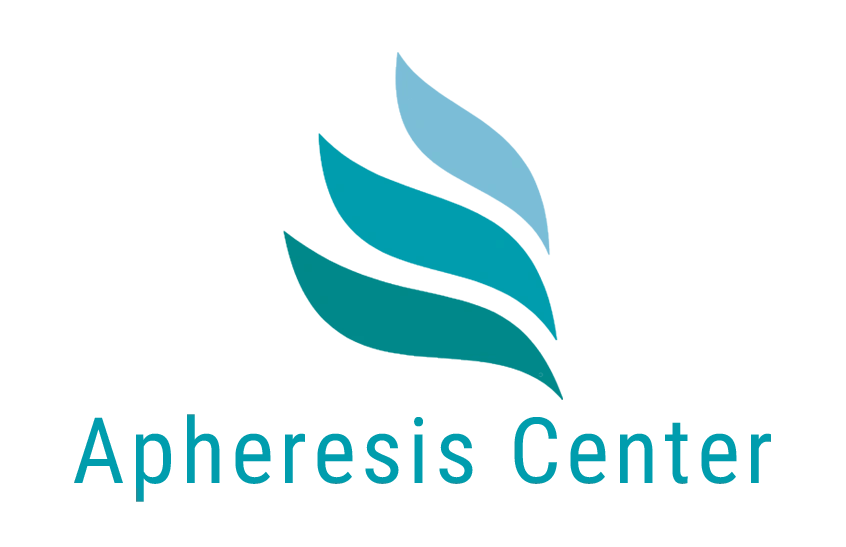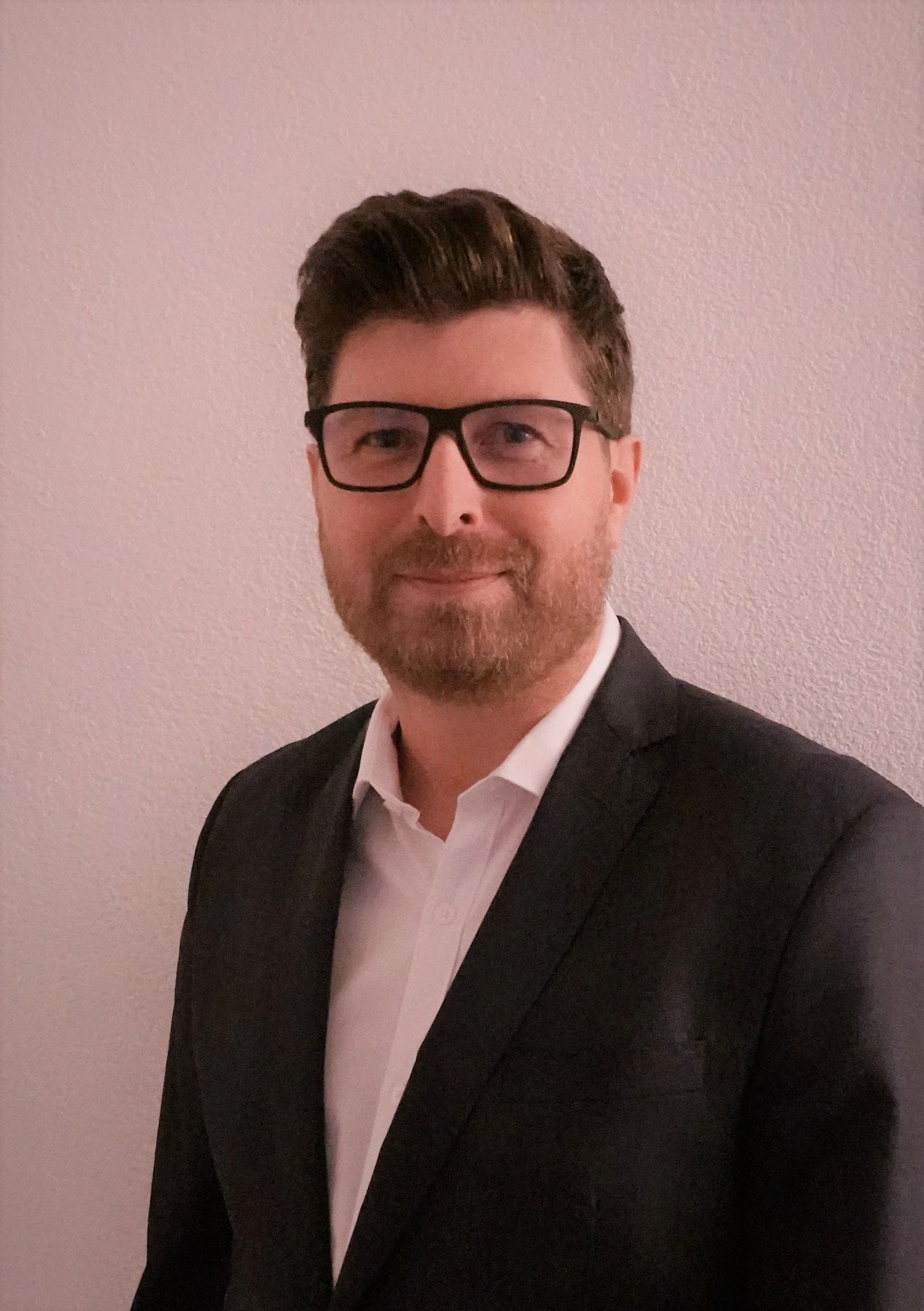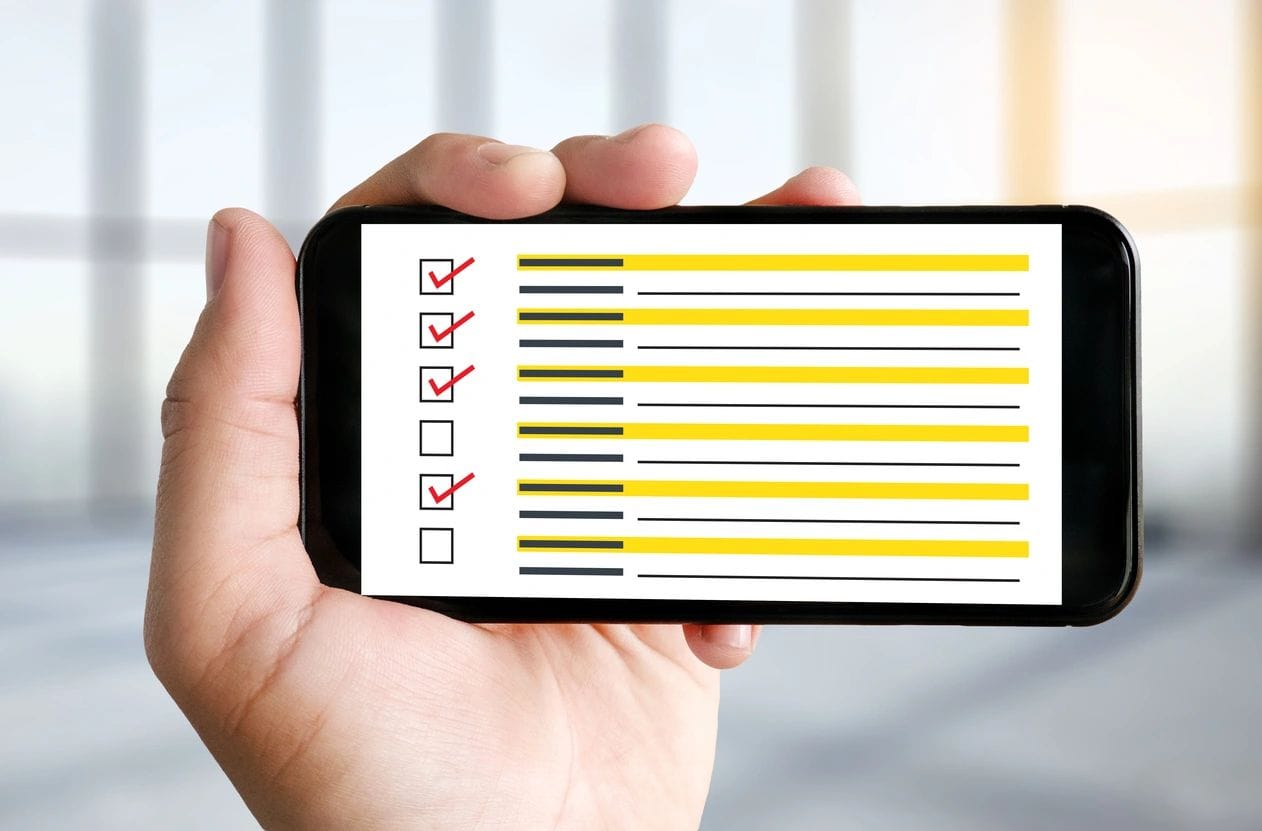В последнее время у меня все меньше и меньше времени на разговоры с другими страдающими Длинным Ковидом, которые мне звонят, просто потому, что звонков очень много. Поэтому я решил поделиться информацией, которую я не могу дать за 20 минут разговора, в своем новом блоге.
Вот вопросы, которые мне чаще всего задают:
1.) Вы полностью восстановились после Лонг Ковида?
Я вернулся к своим любимым видам спорта, кайтсерфингу и лыжам, и 12+-часовые дни для меня не проблема: да, я полностью восстановился.
However, the glasses and the blood pressure pill in the morning are probably things that will stay with me for the rest of my life – but I am not complaining at all – it does not bother me and just 2-3 years ago I was bedridden in a dark and silent room.
2.) Какие методы лечения помогли вам лично восстановиться и сколько времени это заняло?
I did Combination Therapy. I had 4+3 Help Apheresis sessions, IV treatments and medication protocols. It took me about 6 months from the day I started to the day I was fully recovered. However, my self-assessment was a bit off – if you asked me directly after my 4th Help Apheresis treatment how I felt, I would say I was completely healthy again. I was not – I had just forgotten what it felt like to be completely healthy. My mother, who developed Long Covid/Post Vac Syndrome a year later, was the opposite – she always reported feeling worse than her increased activity level and reduced heart rate indicated. It was only a year after treatment (she was also on Combination Therapy with Help Apheresis, but her symptoms and therefore the medication protocols were different) that she realised she was back to full capacity. I was her full-time caregiver for a month, and after my own experience, it gave me an additional and very valuable perspective.
3.) Случалось ли вам повторно заразиться Covid после выздоровления, и если да, то что произошло?
Yes, I have had two reinfections so far. When travelling to see suppliers, going to conferences etc. it is quite difficult not to get reinfected despite all the precautions.
As I had my Early Treatment package (consisting of nasal spray, mouthwash, antivirals, anticoagulants and supplements) with me each time, I managed not to revert to Long Covid. The first time I was afraid that might happen, but as the 12 days I was in quarantine were literally symptom-free and the tests came back negative on day 8, I was a bit more relaxed the second time. The second time, due to a different Covid variant, the symptoms may have started a few days after I was infected (and tests did only get positive that time) – so I felt some mild symptoms this time – but again, no worsening/regression.
4.) Пришлось ли вам проводить дополнительные сеансы афереза после реинфекции?
No, I did not, I felt perfectly well. However, I have had 3 more Help Apheresis treatments in the last year out of personal choice. One after the first reinfection, another after the second reinfection and a third before an elbow operation where I was very close to sepsis due to a strep infection I got from cutting my elbow while working in the garden.
5.) Если бы вы оказались в моей ситуации (в настоящее время страдаю от синдрома длительного ковида/послеотпускного синдрома), какой совет вы бы мне дали?
Во-первых, что бы вы ни собирались делать в плане лечения, делайте это как можно раньше. Хронизация симптомов, к сожалению, характерна для Лонг-Ковида и других хронических заболеваний.
Secondly, if you can afford it, go for Combination Therapy with Help Apheresis. If not, go for Combination Therapy without it (I don’t think anticoagulation or fibrinolytic treatments can replace a sophisticated and highly selective treatment like Help Apheresis, but they definitely help too).
В-третьих, как можно больше внимания уделяйте своему восстановлению. Диета, гидратация, сон, темп и окружающая среда - все это очень важно.
Fourthly, before you start any treatment (and also during), record yourself on video regularly for 2-3 minutes, summarising how you feel and what symptoms you are experiencing at what level – maybe even write a small symptom diary. Why do this? We long term sufferers do not seem to be very good at self-evaluation and it is sometimes very difficult to judge which parts of a treatment have been beneficial – especially as it can take many months for recovery to take place and improvements are often so gradual that they are barely noticeable. Brain fog, anxiety, sleeplessness and fatigue, and many other symptoms we experience, are not really helpful in making a good self-assessment. And by the way – this goes both ways – we sometimes overestimate or underestimate how good/bad we are.


